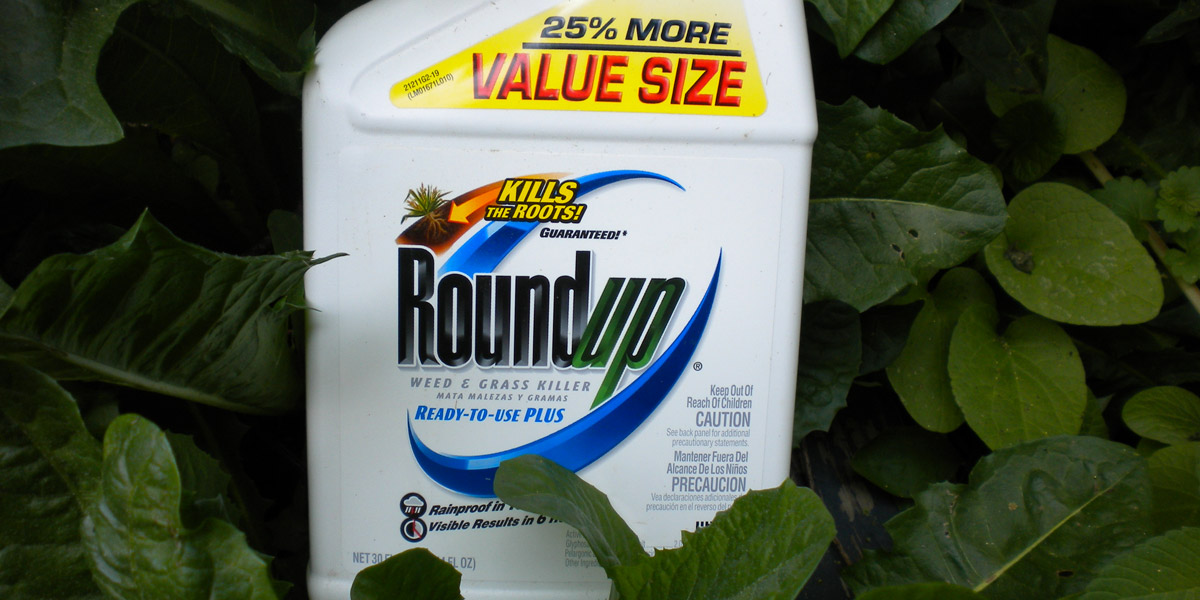
Federal jury’s decision in case of man who used weedkiller for decades could affect hundreds of other cases
A US jury on Tuesday found Bayer’s glyphosate-based Roundup weedkiller was a substantial factor in causing the cancer of a California man, in a landmark verdict that could affect hundreds of other cases.
The verdict is a blow to the company that comes just eight months after another jury issued a $289 million verdict (subsequently reduced by a judge to $78 million) over similar claims in a different case.
Tuesday’s unanimous jury decision in San Francisco federal court, which came after five days of deliberation, was not a finding of Bayer’s liability for the cancer of plaintiff Edwin Hardeman. Liability and damages will be decided by the same jury in a second trial phase beginning on Wednesday.
During the trial, the 70-year-old Santa Rosa man testified that he had sprayed the herbicide for nearly three decades and at one time got it on his skin before he was diagnosed with cancer. He used the chemical to control weeds and poison oak on his properties, starting in 1986.
Bayer, which denies allegations that glyphosate or Roundup cause cancer, in a statement on Tuesday said it was disappointed with the jury’s initial decision. Bayer acquired Monsanto, the longtime maker of Roundup, for $63 billion last year.
“We are confident the evidence in phase two will show that Monsanto’s conduct has been appropriate and the company should not be liable for Mr. Hardeman’s cancer,” the company said.
Shares in Bayer were down 9.6 percent at 0709 GMT in early Frankfurt trade. Bayer is facing more than 9,000 similar lawsuits across the US.
Previous historic verdict
The unanimous ruling on Tuesday follows a historic verdict last August in which a California jury in state court ruled that Roundup caused the terminal cancer of Dewayne Johnson, a former school groundskeeper. That jury said Monsanto failed to warn Johnson of Roundup’s health hazards and “acted with malice or oppression”, awarding Johnson $289m in damages.
Hardeman’s trial has been more limited in scope. While Johnson’s attorneys argued that Monsanto had “bullied” scientists and fought to suppress negative studies about its product, the federal judge barred Hardeman’s lawyers from discussing Monsanto’s alleged influence on research and regulations during the hearings.
The US judge Vince Chhabria went so far as to sanction Hardeman’s lawyer for bringing up Hardeman’s “personal history”, referring to internal Monsanto documents, and explaining the process behind various regulatory decisions about glyphosate in her opening remarks. With Hardeman’s trial limited to a strict discussion of whether Roundup exposure caused his cancer, his attorneys have argued they were facing a significant disadvantage.
Glyphosate is the world’s most widely used weedkiller. Monsanto’s Roundup was the first glyphosate-based weedkiller but is no longer patent-protected and many other versions are now available.










